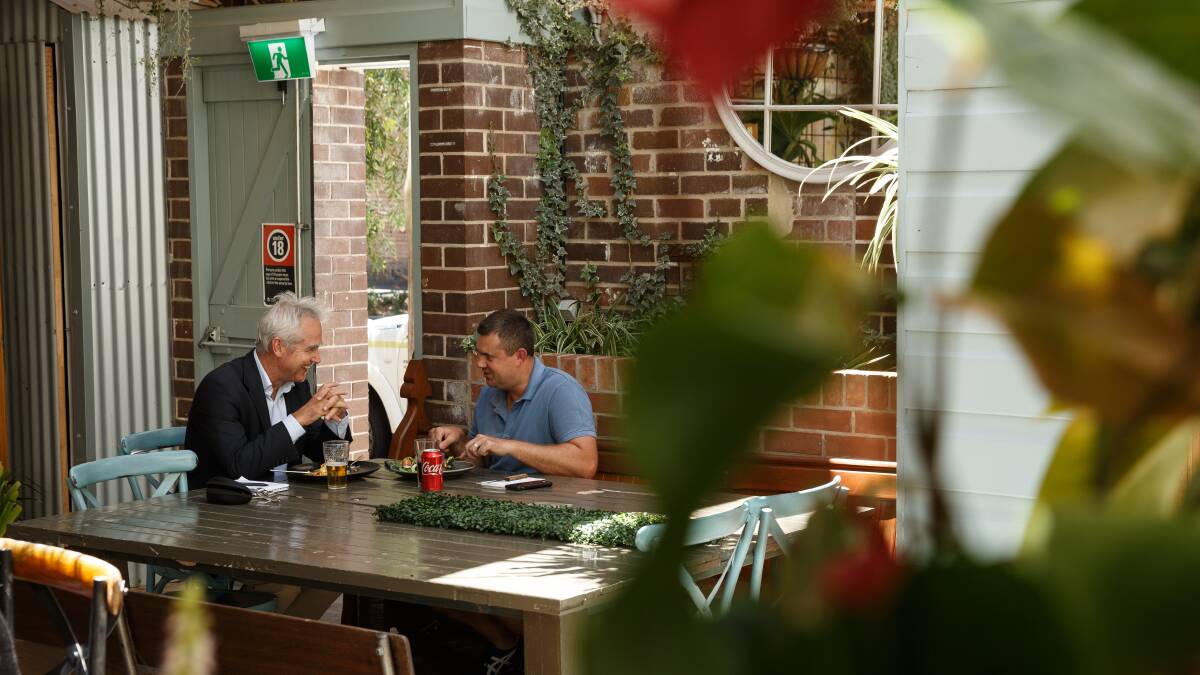
IT is still school holidays, so Nathan Towney is dressed casually when we meet for lunch at the Commonwealth Hotel in Cooks Hill. But in his mind, he’s already back in the principal’s office at Newcastle High School, thinking of the year’s first staff meeting.
Subscribe now for unlimited access.
or signup to continue reading
Towney says how he will talk about “being the best at the 1 per centers”, doing the little things that make the result, before he shrugs, “This is the footy coming out in me.”
You can’t take the footy out of the man, but the man was taken out of footy, when the future Towney had planned for himself in rugby league literally collapsed beneath him when he was barely out of his teens.
Yet in the journey from the field to the classroom, he has been carried by the knowledge of who he is. Nathan Towney is a proud Wiradjuri man.
“It’s really given me a strong sense of identity,” he says. “I’m very confident in who I am and where I’ve come from.”
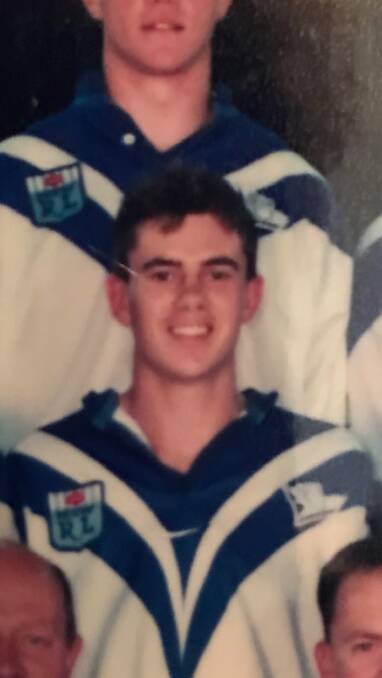
NATHAN Towney was born in January, 1980, in the central NSW town of Wellington, the youngest of three children. His mother, Sue, grew up on a local farm. His father, Albert, was raised at Nanima Mission, near Wellington.
“Just outside of the mission was the Common, where a lot of Aboriginal families were located in little tin shacks,” says Towney. “Dad is one of 12, so it was a pretty busy household.
“There were a lot of things Aboriginal people weren’t allowed to do, and being in town was one of those things. I’ve still got at home the letters my Nan wrote to the government requesting my Pop’s wages. He used to get paid in vouchers. He was never allowed the cash. We’re talking 1950s, 1960s. It’s unbelievable.”
Discrimination was also ingrained in education policies, Nathan Towney says: “Some of those policies weren’t removed until the early 1970s. There’s the ‘exclusion on demand’ policy, and the ‘clean, clad and courteous’ policy, which are just absolutely racist. A lot of our Aboriginal families have been impacted by those policies. That has generational impact on young people who are in schools today. And I think a lot of non-Aboriginal people don’t understand that generational impact of past policy.”
Albert Towney finished school in Year 5 and laboured at the nearby Burrendong Dam construction project before heading to Sydney to work in a factory and play rugby league, including for the Newton Jets.
After returning to Wellington, Albert met and married Sue, who is from a non-Aboriginal background. In the Towney household, the children were instilled with the importance of education – “I was made aware how lucky I was that an education was available” – but young Nathan gave little thought to his family heritage.
“Aboriginal culture was always part of who we are and what we did,” says Towney. “Saying that, I never really thought about it.
“By the time I was growing up, the town was very accepting of Aboriginal people, and I think my Dad had a big part to play in that in the community. Dad was heavily involved in the rugby league club, he was a member of the golf club, he worked as the local Aboriginal police liaison officer for a long time, which is a really tough gig.
“It wasn’t until I left home that I understood what it [being Aboriginal] really meant to me, and the spiritual connection I had to Wellington, to Wiradjuri land and country. I didn’t acknowledge and understand that until I left.”
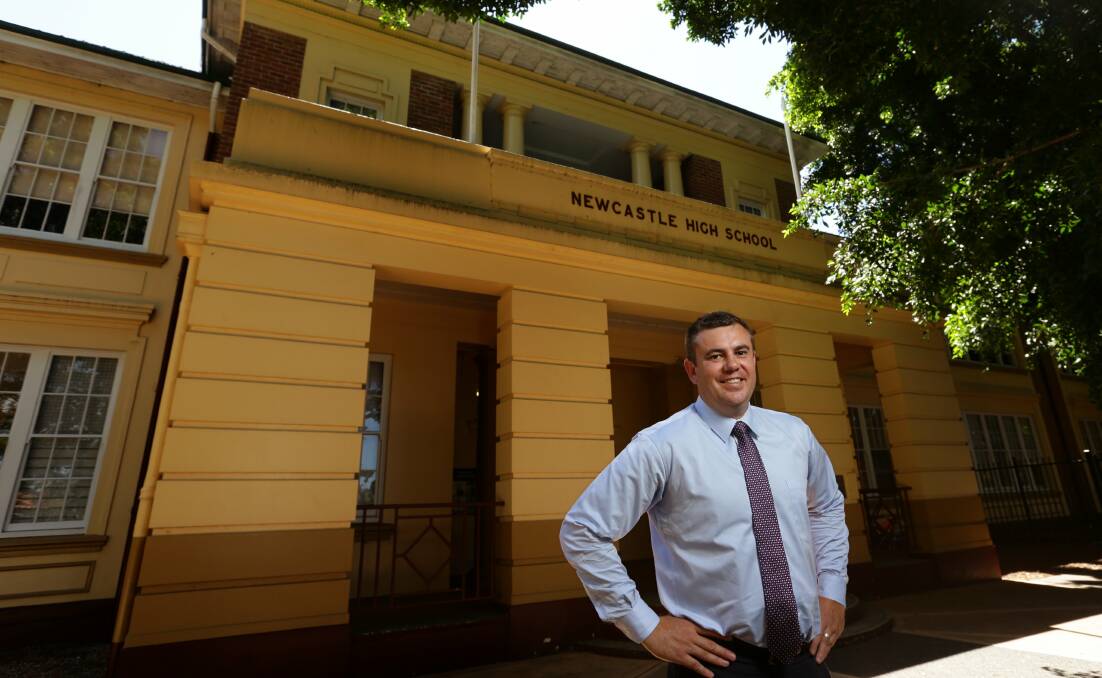
As a kid, Nathan says he didn’t have a care in the world. Except one. Rugby league.
“From the minute I could walk, I was going to watch Dad [who was captain-coach of the Wellington Cowboys, then the club president] and I was the ballboy,” recalls Towney. “So every Sunday, during the footy season, that’s all we did.”
At high school, rugby league was Nathan’s biggest passion. While he has fond memories of his teachers (“I don’t think I’d be a teacher if I didn’t”), his career goal was to be a footy player.
He wanted to follow in his father’s bootsteps, and those of a couple of older cousins, and play first grade in Sydney. It looked as though the talented five-eighth from the highly regarded Wellington High team would realise that goal.
“I think out of the starting 13, there were 11 of us who went to Sydney to play football,” Towney says.
Nathan received offers from the Illawarra Steelers and the North Sydney Bears, and he could well have ended up in Newcastle earlier than he did; the Knights also approached him. But in 1998, he signed with the Canterbury Bulldogs. In that first year, he played in the Jersey Flegg under-20s competition, worked at the Belmore RSL and lived in the “Bulldogs house” with seven other young players, including Willie Mason.
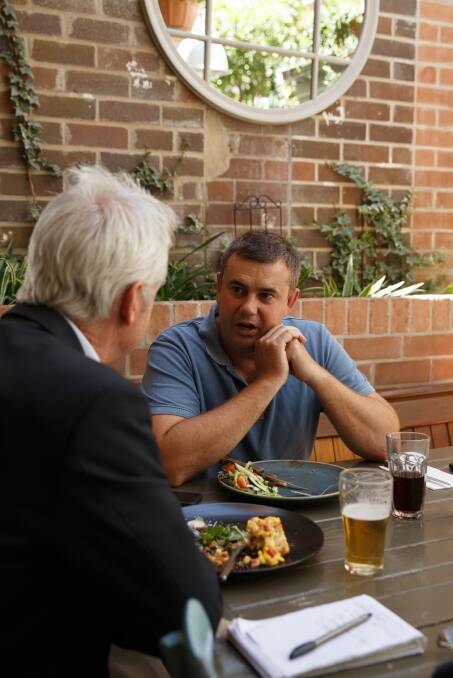
Nathan says life in Sydney was tough and he missed home, even though his parents travelled from Wellington each weekend to watch him play, often bringing his girlfriend, Najette.
“I just started to realise there was that spiritual connection to home, and the feeling I got when I went back home, and what I wanted to do when I was home,” he muses. “That’s when I realised this was bigger than me feeling a bit homesick.”
In the first trial game for the next season, Nathan suffered a major blow. He did the ACL in his knee. He was out for the year. Then, just a few games into the next season, he damaged his knee again.
“I wasn’t real keen on footy at that point,” he recalls. “And I thought, ‘No, I probably don’t want to do this’.”
Given it wasn’t just his knee but his dream that was collapsing, I ask Nathan how this didn’t crush him.
“It didn’t crush me because, one, I could see the amount of work and dedication that I was going to have to do, and you still weren’t a guarantee to make it. And to be honest, there were probably other players at the club who were better than me, and I thought, ‘I’m going to jump early and go and do something else with my life’.”
For a while, Nathan didn’t know what he would do, until Najette’s mother suggested he study PE teaching. Since Najette was studying at the University of Newcastle, he contacted the uni’s Wollotuka Institute, which supports Indigenous students. With the institute’s help, Nathan was accepted into the teaching course. He was delighted to be in the same city as his girlfriend but was nervous about studying: “I thought, ‘Can I actually do this?’”.
He could, and he did, graduating in 2004 with a strong desire to have a positive impact on young lives.
“I knew I was in the right place,” Towney says. His first posting was to Scone High School, before following Najette, a marketing manager, to Sydney. His own learning experience there was vast, from teaching academic high achievers at North Sydney Girls’ High to the tougher environment at Granville High, in the city’s west. At that time, Towney also re-engaged with rugby league, coaching junior teams for the Bulldogs. Among his young charges were David Klemmer and Leilani Latu, now NRL stars and still friends of Nathan.
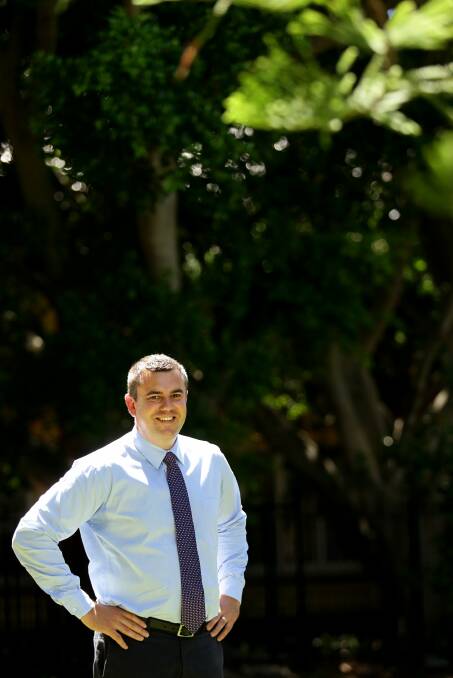
For three years, Towney led the Aboriginal education team in south-west Sydney. But wherever he has been posted, his culture and his identity has been part of his teaching, and not just for students. He has developed courses to help staff in teaching Aboriginal students. In 2017, Towney was recognised at the National Dreamtime Awards. He was named Teacher of the Year.
He is now a teacher and a leader. Towney was appointed principal of Newcastle High in 2016, bringing him and Najette, whom he married in 2007, back to their uni city. He is a father to two children, four-year-old Archie and one-year-old Charlotte, and a role model for 1140 students at school.
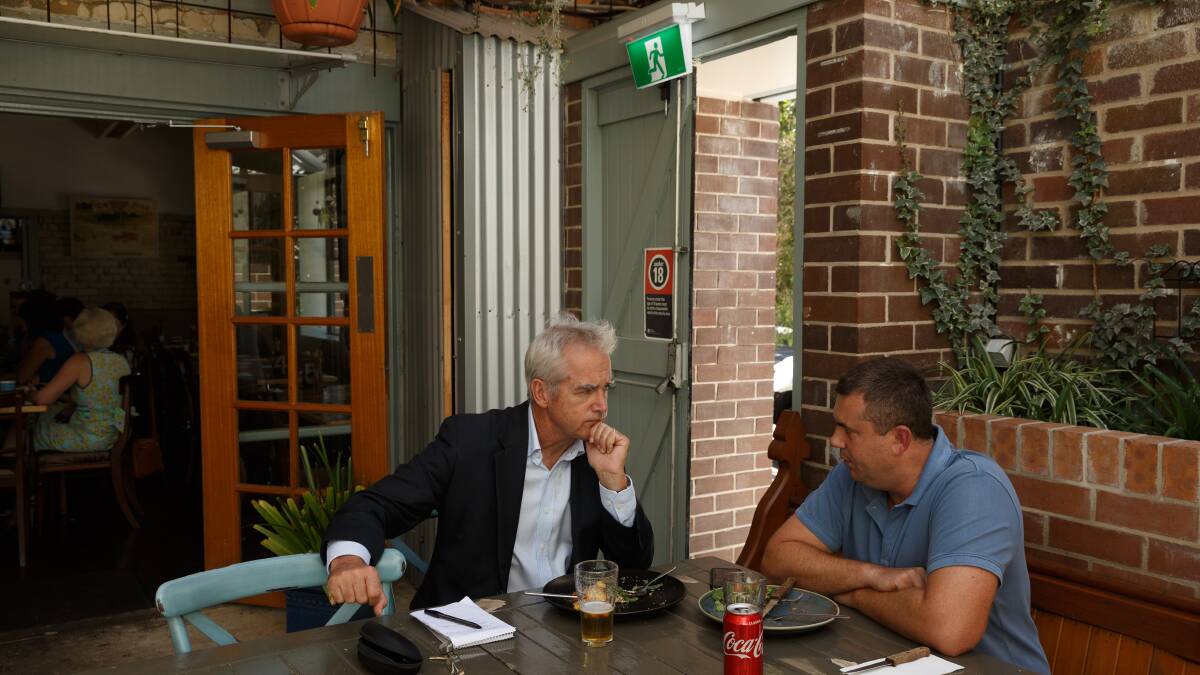
I ask Nathan Towney what makes a good teacher: “For me, it’s about relationships. If you haven’t got a relationship with the kids, it makes learning extremely difficult. I love that saying, ‘They might not remember what they learnt, but they’ll always remember how you made them feel’. I think if we can make kids feel important, feel confident, then that’s the first point.”
The second point, he says, is a teacher needs to know what they’re talking about, because “kids will soon sort you out, if you don’t”. And they need to be adaptable, to be able to teach for, and embrace, change. The workforce is rapidly changing, he argues, and education has to keep up, particularly in a city that is transforming.
“There’s such potential in this great city. And as a principal, I just want our kids to be part of that change, to have learning experiences and life experiences they can use when they step out, past Newcastle High.”

